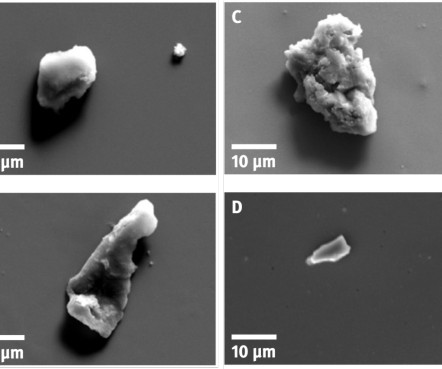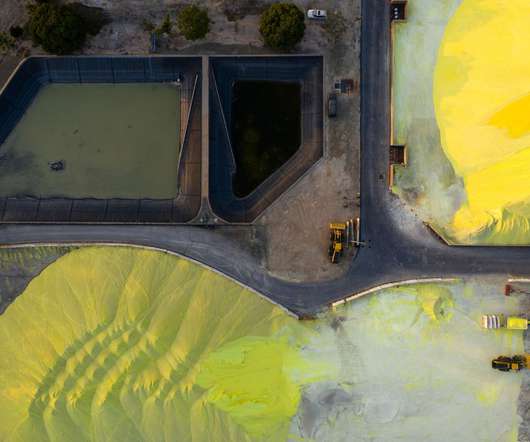ICL briefing paper estimates that 52% of all small particle pollution from road transport comes from tires and brakes
Green Car Congress
FEBRUARY 27, 2023
A new briefing paper from Imperial College London estimates that in 2021, 52% of all small particle pollution from road transport came from tires and brakes. Six million tonnes of tire wear particles (TWP) are released globally each year, and in London alone, 2.6












Let's personalize your content